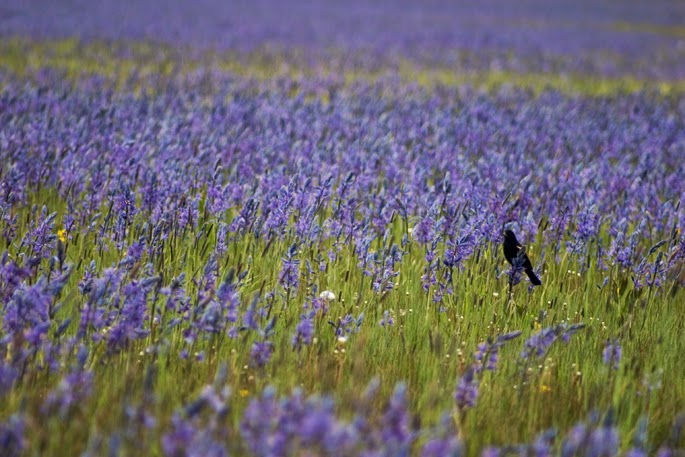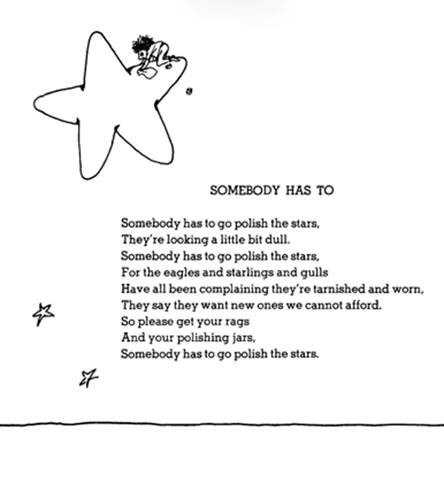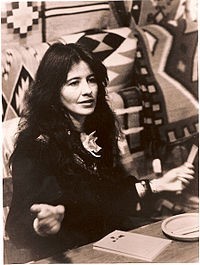Wednesday October 14 — “What you can plan is too small for you to live”
Opening a book of poetry. Turning pages until a poem catches your attention, stopping to read out loud. Pretty good way to start a day. The David Whyte poem that caught my attention today speaks precisely about just such an experience, entering a day.
Middle of the work week, have a blest Wednesday.
john sj
Today’s post – What to Remember When Waking
In that first hardly noticed moment in which you wake,
coming back to this life from the other
more secret, moveable and frighteningly honest world
where everything began,
there is a small opening into the new day
which closes the moment you begin your plans.
What you can plan is too small for you to live.
What you can live wholeheartedly will make plans enough
for the vitality hidden in your sleep.
To be human is to become visible
while carrying what is hidden as a gift to others.
To remember the other world in this world
is to live in your true inheritance.
You are not a troubled guest on this earth,
you are not an accident amidst other accidents
you were invited from another and greater night
than the one from which you have just emerged.
Now, looking through the slanting light of the morning window
toward the mountain presence of everything that can be
what urgency calls you to your one love?
What shape waits in the seed of you
to grow and spread its branches
against a future sky?
Is it waiting in the fertile sea?
In the trees beyond the house?
In the life you can imagine for yourself?
In the open and lovely white page on the writing desk?
— David Whyte (Dec 30, 2013)
– See more at: http://www.awakin.org/read/view.php?tid=994#sthash.3K2qfP1I.dpuf
p.s. A lot of time on the road and a lot of company here at home have given way to days with more quiet in them; time to sort out details that accumulate in hustle times. This morning when I was preparing today’s post I remember someone asking me to send her/him a digital copy of George Herbert’s “Love Bade me Welcome” (1633). Trouble is, I can’t remember who asked. I fussed a little while before noticing an obvious solution. Here’s the poem, it runs deep and creates a place of stillness if read out loud, as great poems do.
Love bade me welcome; yet my soul drew back,
Guilty of dust and sin.
But quick-ey’d Love, observing me grow slack
From my first entrance in,
Drew nearer to me, sweetly questioning,
If I lacked anything.
‘A guest,’ I answer’d,’ worthy to be here’:
Love said, ‘You shall be he.’
‘I, the unkind, ungrateful? Ah, my dear
I cannot look on Thee.’
Love took my hand, and smiling did reply,
‘Who made the eyes but I?’
“Truth, Lord, but I have marr’d them; let my shame
Go where it doth deserve.’
‘And know you not,’ says Love, ‘who bore the blame?’
‘My dear, then I will serve.’
‘You must sit down,’ says Love, ‘and taste My meat.’
So I did sit and eat.
George Herbert 1633













